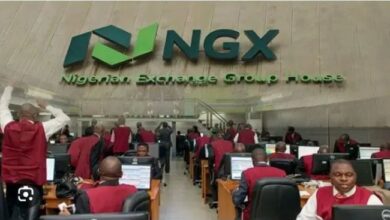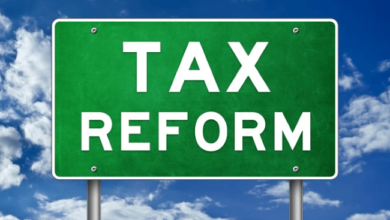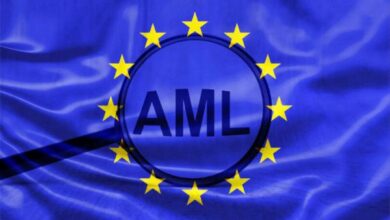Inflation: LCCI urges govt. to sustain ease of doing business
 The Lagos Chamber of Commerce and Industry (LCCI) has urged government to sustain all cost reliefs initiated to reduce the cost of doing business in Nigeria.
The Lagos Chamber of Commerce and Industry (LCCI) has urged government to sustain all cost reliefs initiated to reduce the cost of doing business in Nigeria.
Dr Chinyere Almona, Director-General, LCCI, gave the advice in a statement while reacting to the July inflation figure on Friday in Lagos.
CBN raises MPR by 50 basis points, despite soaring inflation
The News Agency of Nigeria (NAN) reports that Nigeria’s inflation moderated to 33.40 per cent in July 2024 from 34.19 per cent in June as released by the National Bureau of Statistics (NBS).
Almona noted that the slight moderation recorded in the month was the first since December 2022.
She said the development reflected the ease in price pressures due to a slowdown in demand and some monetary and fiscal policy interventions.
The LCCI D-G added that the development was good news to the business community as some respite was expected from the biting effect of the unbearable high interest rates businesses have had to cope with.
“As we begin to see the impact of actions taken by monetary and fiscal authorities, we urge the government to sustain all the cost reliefs initiated to reduce the cost of doing business in Nigeria.
“The many programmes and policies initiated to tame inflation and stabilise the exchange rate must be sustained and extended to impact more economic players, thereby multiplying the economic effect in the medium term.
“We advise the government to sustain and expand programmes and policies like the import duty waivers on food and drugs and the introduction of Compressed Natural Gas (CNG) vehicles to give way to cheaper means of transportation.
“Also, measures such as the several foreign exchange market reforms to boost supply, the decision to make provision for direct crude supply to local refineries, and the transition to renewable energy should continue,” she said.
Almona added that to extend the recorded ease in prices, the country must attend to the root causes of food insecurity.
She noted that measures such as empowering low-skilled farmers with access to required information on crop production, market prices, and technology must be deployed.
“In addition, we must provide more agricultural input like fertiliser and extension services; invest more in agrarian mechanisation; resolve land use conflicts; mitigate climate change impact on farmlands; and initiate modern irrigation methods.
“Beyond food crops, poultry and fisheries are key drivers of food inflation as common food items like beef, fish, eggs, and chicken have recorded consistently high prices in recent months, contributing significantly to food inflation in the country.
“The newly created Ministry of Livestock Development is expected to play a critical role in addressing this shortage of poultry and fisheries at a time like this,” she said.
Prof. Uche Uwaleke, Professor of Finance and Capital Market, Nasarawa State University, Keffi, noted that the easing in the headline inflation rate was due mainly to the moderation in food inflation occasioned by the harvest season.
He stated that the drought reported in many parts of the North partly explained the high rate of food inflation in states like Sokoto 46.26 per cent and Jigawa 46.05 per cent.
“This development shows that it is time for the Central Bank of Nigeria (CBN) to recognise the real pressure points.
“They must shift some attention to how the fiscal authorities can be supported to boost food production, beginning with a halt in monetary policy rate hike next month,” he said.











